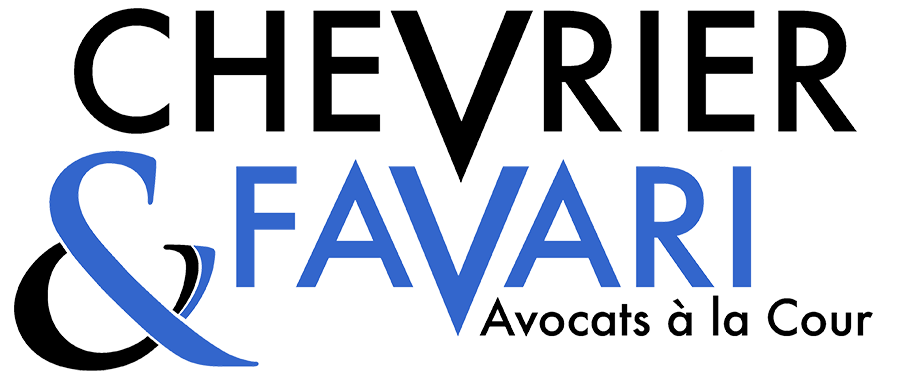Dematerialisation of public procurement: amendment of the Grand-Ducal Regulations of 27 August 2013 and 8 April 2018

The Grand Ducal Regulation of 25 January 2019 amending the Grand Ducal Regulation of 27 August 2013 and the Grand Ducal Regulation of 8 April 2018 implementing the Law of 8 April 2018 on public contracts (hereinafter “RMP 2018”) has just been published in the Mémorial and will come into force on 25 March 2019. It should be noted that this draft had been the subject of an opinion by the Council of State on 9 October 2018.
With regard to the amendments to the 2013 regulations on the use of electronic means of communication, the version of the text proposed by the Council of State in its opinion has largely been taken over, although there are a few differences:
– In the new Article 13, it is stipulated that it is only the tender that must be signed electronically, whereas the Conseil d’Etat had recommended referring not only to the tender but also to “the joint and several undertaking form” as well as “all other documents for which the contracting authority or entity has expressly required the submission of a signed document“.
– In the new Article 17, the Conseil d’Etat suggested that a series of articles in the RMP 2018 should be rendered inapplicable in the event of a dematerialised procedure. This proposal has been endorsed in the new text, with the exception of the non-applicability of article 78 of the RMP 2018, which concerns the possibility for tenderers to request a copy of the tender opening minutes.
It should be noted that the practical application of these derogations is potentially a source of legal uncertainty, while Article 77 of the RMP 2018 – which requires the drawing up of minutes of the tender opening session – is one of the provisions rendered inapplicable in the event of a dematerialised procedure.
This raises the question of how the contracting authority will have to document its electronic tender opening process and, where applicable, provide this document to tenderers who request it under Article 78 of the RMP 2018.
The amendments to the RMP 2018 mainly concern the communication methods, which have been recast to provide that where the contracting authority or entity has opted to use electronic means, exchanges must be made mainly via the Public Contracts Portal.
This obligation concerns requests for information, the provision of additional information, the reporting of errors, the price justification process, the transmission of complaints, the notification of the award decision, etc.
However, certain provisions of the 2018 RMP have not been impacted and this may lead to somewhat inconsistent situations. For example, while notification of the award decision must be made via the Public Contracts Portal (Article 97 §1 of the 2018 RMP), the provision concerning unsuccessful tenderers has not been amended (Article 97 §2 of the 2018 RMP).
Similarly, requests for certificates and attestations from the Centre Commun de la Sécurité Sociale and the tax authorities must be made via the Public Procurement Portal (Article 90 of the RMP 2018), but it might have been interesting to require them to be provided via this means as well.
As a final example, only the justification of tenderers’ prices is covered by an amendment (article 89 §3 of the RMP 2018), whereas Luxembourg regulations also provide for the possibility of requesting the communication of details of subcontractors’ bids (Article 89 §2 of the RMP 2018), a provision which is not among those amended.
Thus, even if it would have been possible to go further in the dematerialisation process, the amendment of these two regulations clarifies the obligations to be met when a public purchaser is obliged to comply with the use of electronic means in its procedures (or if it voluntarily obliges itself to do so), but nevertheless leaves a few grey areas in terms of the practical process, the main stumbling block being linked to the uncertainty of the obligations to be met in terms of drawing up the minutes of the tender opening session.
